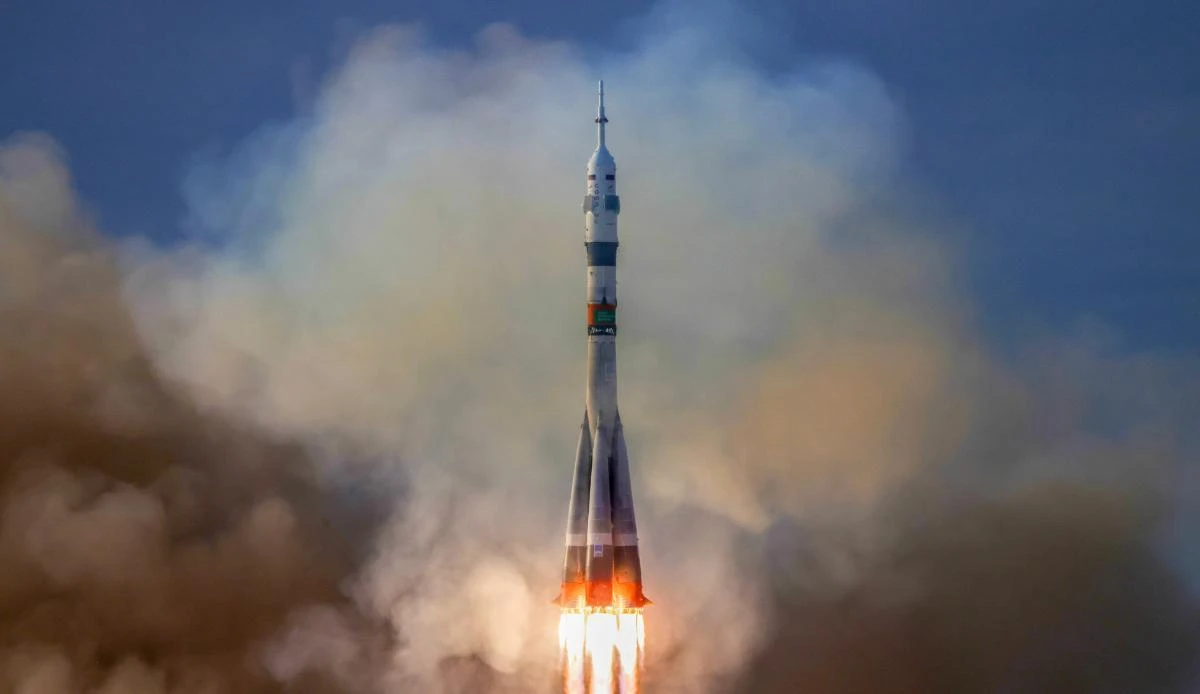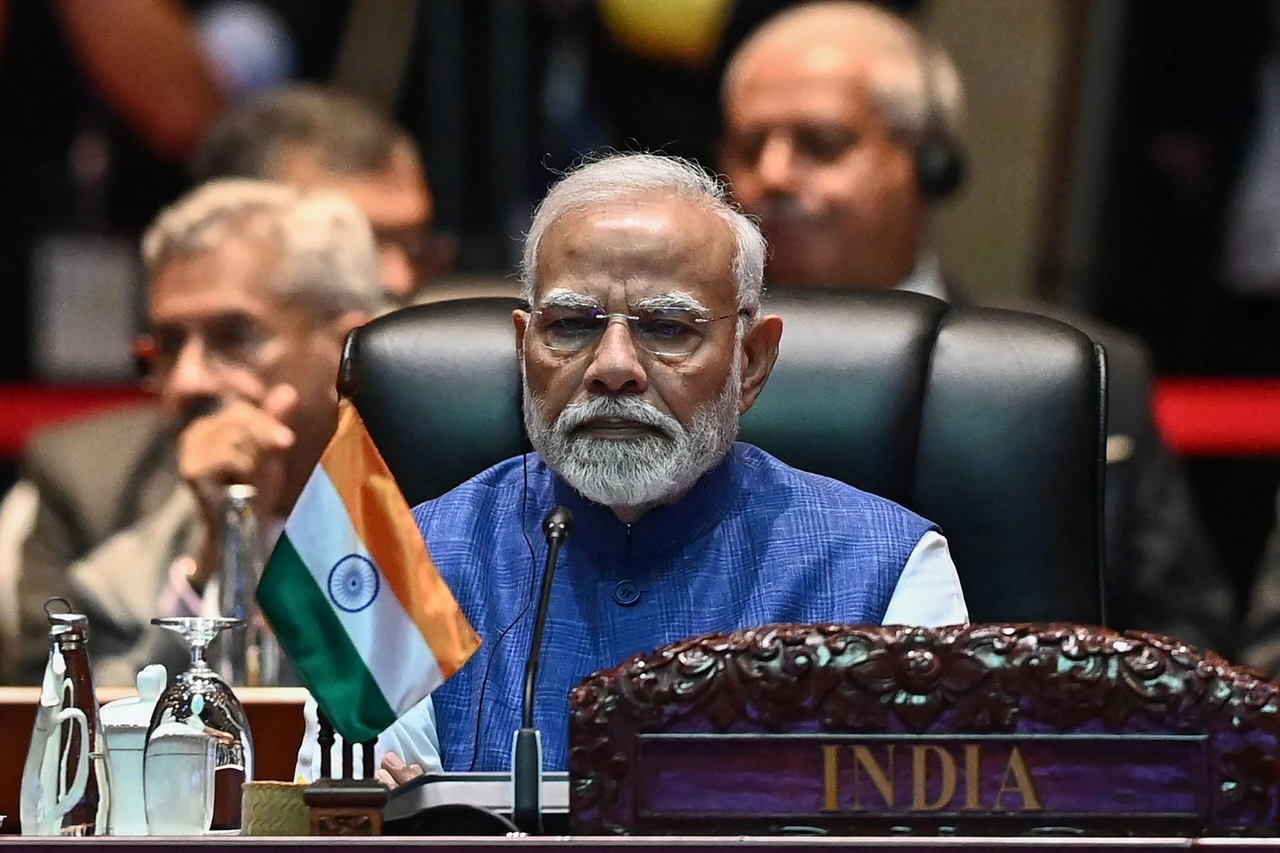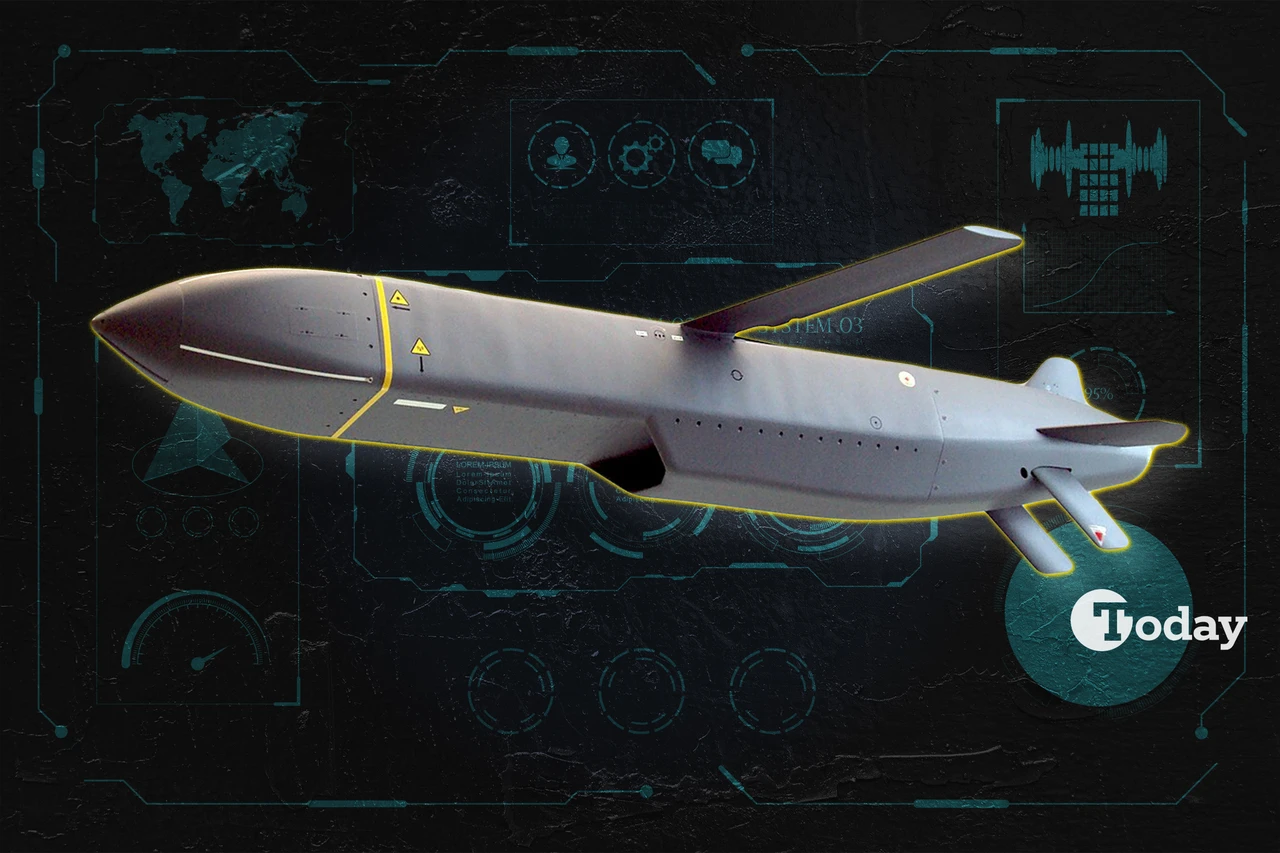Belarus’ first woman cosmonaut embarks on successful journey to International Space Station

Marina Vasilevskaya, first female cosmonaut from Belarus, is successfully launched from the Baikonur Cosmodrome in Kazakhstan aboard a Russian Soyuz spacecraft
As Marina Vasilevskaya was named the first female cosmonaut from Belarus to go to the International Space Station (ISS), the country celebrated a historic occasion on Saturday. According to Moscow’s Roscosmos space agency, Vasilevskaya and two other astronauts were safely launched from the Baikonur Cosmodrome in Kazakhstan aboard a Russian Soyuz spacecraft.
A glitch with the Soyuz MS-25 mission caused a temporary delay. The mission was originally planned for Thursday. Yuri Borisov, the head of Roscosmos, explained the delay as coming from a “voltage dip” in a chemical power source during pre-launch procedures. But the launch on Saturday went off without a hitch, and the spacecraft entered orbit on schedule.
Russian cosmonaut Oleg Novitsky, American astronaut Tracy Dyson, and 33-year-old pioneering Belarusian cosmonaut Marina Vasilevskaya are all aboard the Soyuz spacecraft. “Everything is fine on board,” Novitsky informed authorities in a video clip provided by Roscosmos immediately after liftoff.
The Soyuz MS-25 mission is anticipated to dock with the Russian section of the International Space Station on Monday. This significant achievement emphasizes both Belarus’ expanding involvement in space exploration and Russia’s ongoing position as a major participant in human space missions.
Over the years, Russia’s space program has faced a number of obstacles, including budgetary constraints, public controversy, and technological setbacks. The nation is still an essential player in international space cooperation in spite of these failures. Russia’s commitment to cooperative space exploration endeavors is shown by the recent decision to prolong membership in the International Space Station (ISS) until 2028.
Russia’s monopoly on human flights to the International Space Station (ISS) has ended with the United States using commercial SpaceX rockets. On the other hand, Russia’s bold intentions to build its own space station mark a new phase in the country’s space exploration.
Source: AFP



